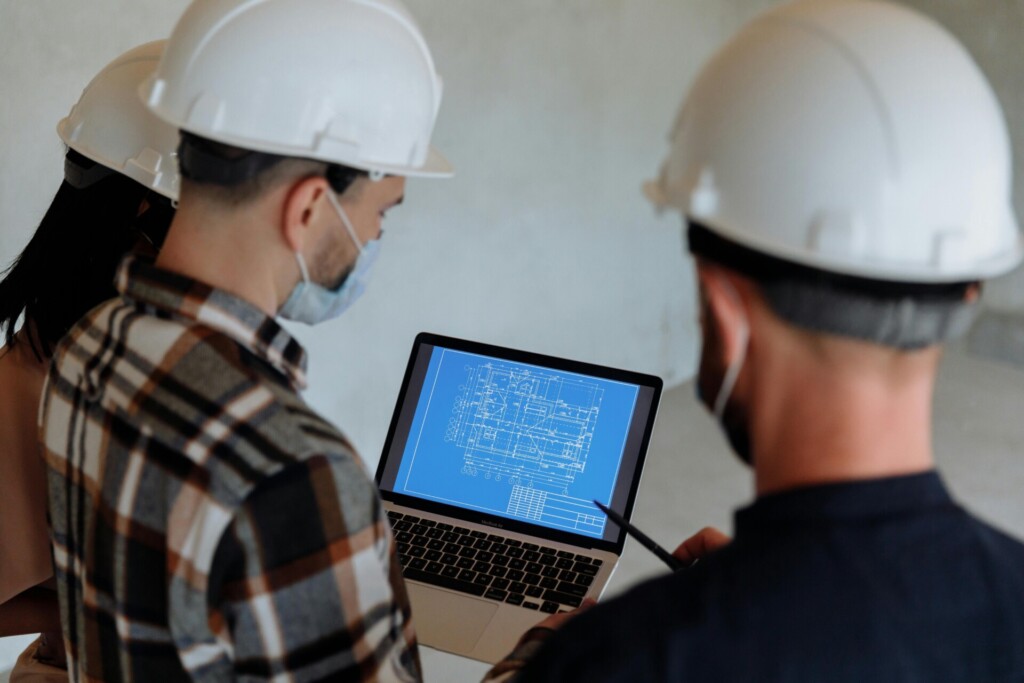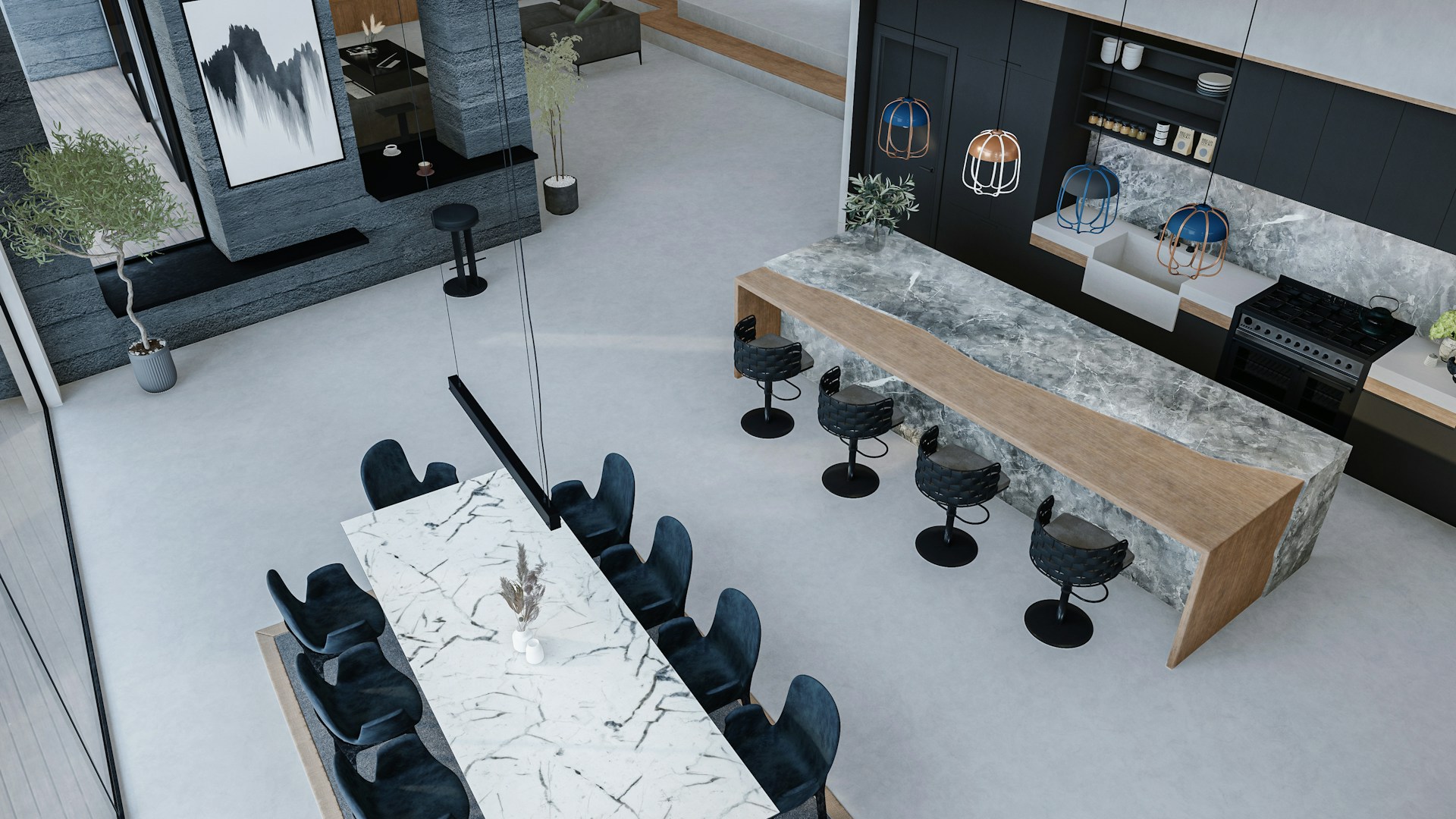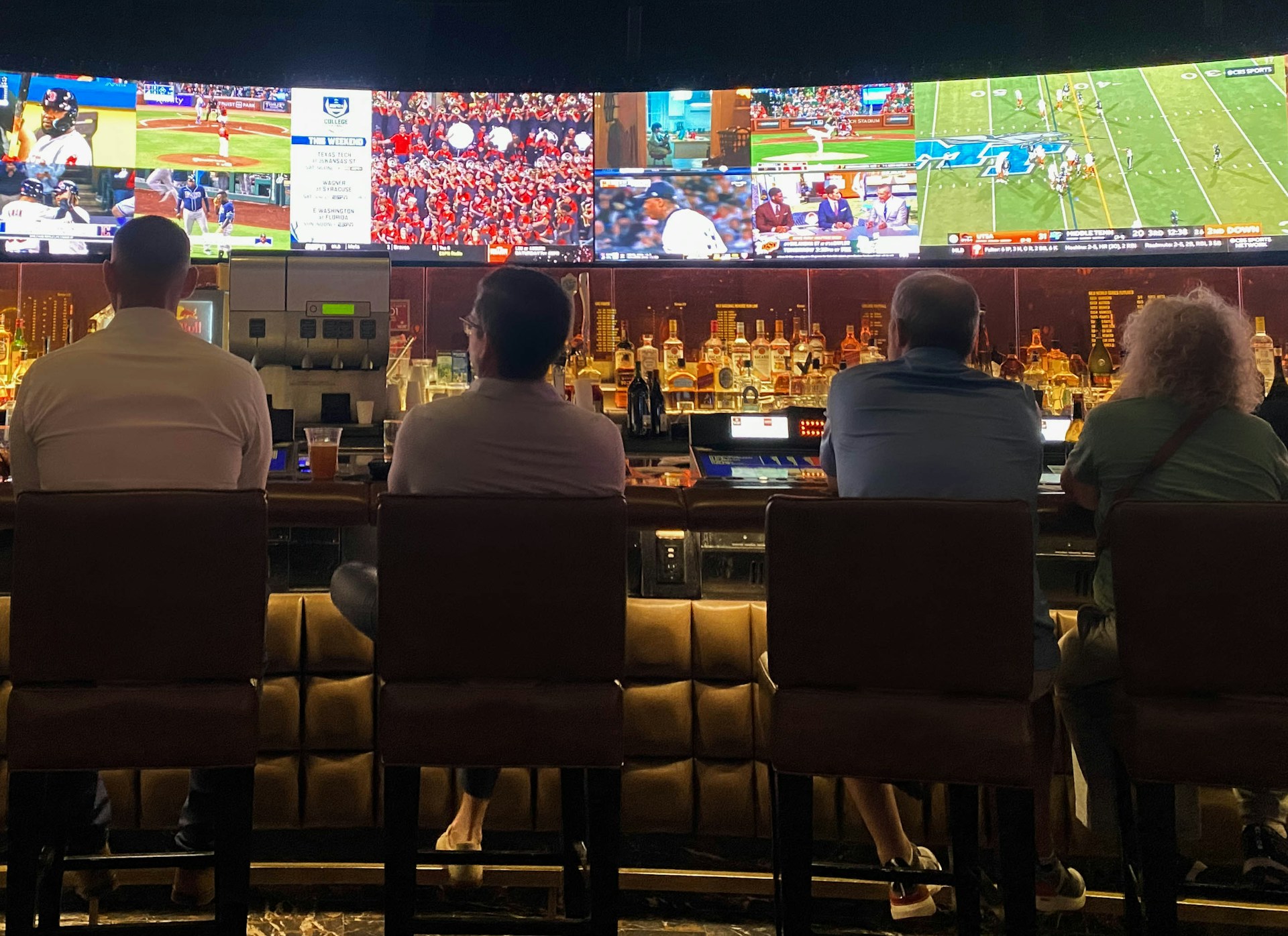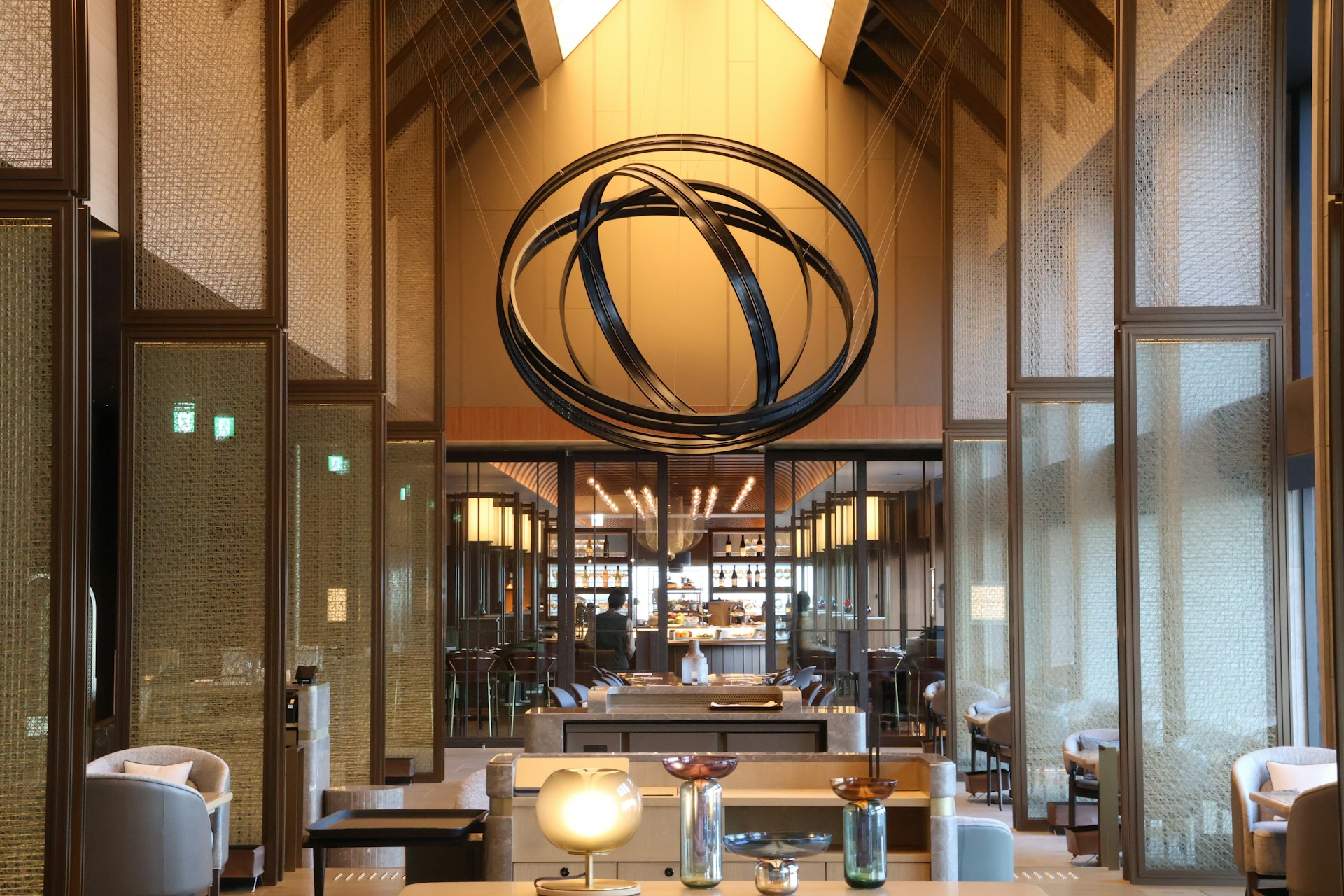Every hotel room key represents a promise to guests. Hospitality construction companies plan, build, and renovate the spaces that deliver on this commitment. We work across diverse properties, from intimate boutique hotels to expansive resort complexes, handling everything from ground-up construction to targeted room refreshes.
Speed to market drives many decisions, yet operational continuity remains paramount during active hotel operations. Quality control becomes critical because each completed room reflects the brand’s reputation and guest expectations.
Which Spaces And Project Types Fall Under Hospitality Construction?

Hospitality construction encompasses diverse spaces and project approaches that directly impact guest satisfaction. Full-service hotels feature comprehensive offerings like upscale lobbies, well-appointed guestrooms, and extensive amenities including fitness centers, spas, restaurants, and pool areas. Resorts expand this scope with recreational facilities, meeting spaces, and event venues designed for longer stays and group gatherings.
Core Spaces In Hospitality Projects
Guest-facing areas form the foundation of hospitality construction work. Guestrooms require careful attention to layout, acoustics, and finishes that support rest and comfort. Lobbies serve as the first impression, demanding durable materials and intuitive flow patterns that handle high traffic while reflecting brand identity.
Meeting and event facilities add complexity through specialized audiovisual requirements, flexible layouts, and enhanced HVAC systems. These spaces often feature movable walls, built-in presentation equipment, and dedicated catering prep areas. Restaurants within hotels require commercial-grade kitchen infrastructure, proper ventilation, and dining areas that complement the property’s overall design aesthetic.
Amenity spaces like fitness centers, spas, and pools involve specialized construction considerations. Fitness areas need reinforced flooring for heavy equipment and enhanced electrical capacity. Pool construction requires waterproofing, chemical storage, and mechanical systems for filtration and heating. Spa facilities demand specialized plumbing, steam rooms, and quiet zones separated from higher-activity areas.
Project Types And Delivery Approaches
Construction approaches vary significantly based on project goals and site conditions. New builds allow complete design freedom but require longer timelines and extensive site preparation. These projects start from foundation work and progress through full structural, mechanical, and finish phases.
Multi-phase renovations keep properties operational during construction. We coordinate work in sections, completing floors or wings while maintaining guest access to other areas. This approach requires careful scheduling, dust control, and noise management to preserve the guest experience in occupied zones.
Conversions transform existing buildings into hospitality properties. These projects often involve structural modifications, upgraded electrical and plumbing systems, and reconfigured layouts to accommodate guestrooms and common areas. Converting office buildings or historic structures into hotels requires specialized expertise in building codes and structural assessments.
Targeted refreshes focus on specific areas like lobby upgrades or systemwide room renovations. These projects update finishes, furniture, and fixtures while maintaining the property’s operational framework. Room renovations might include new carpet, paint, bathroom fixtures, and technology upgrades without structural changes.
At EB3 Construction, we adapt our approach based on each project’s scope and operational requirements while maintaining brand standards.
How Do Teams Reduce Guest Disruption And Keep Schedules On Track?
We approach hospitality construction with operational continuity as the foundation. Successful project execution requires careful coordination between construction crews and hotel operations to maintain guest satisfaction while progressing toward completion.
Multi-Phase Work Strategies
Phasing allows us to isolate construction activity while keeping essential hotel functions operational. Floor-by-floor renovations protect guest access to amenities and services. We typically start with less occupied floors or areas during low-demand periods.
Strategic phasing also considers seasonal occupancy patterns. Research from Vestian shows that properties implementing structured phasing reduce guest complaints by 40-60% compared to less organized approaches. This planning protects both immediate guest satisfaction and long-term online reputation.
Guest-Sensitive Crews And Scheduling
Crew selection matters in hospitality settings. Guest-sensitive crews understand the importance of noise control, clean work areas, and professional appearance. We schedule high-noise activities like drilling and demolition during mid-morning hours when most guests are out of their rooms.
Quiet hours typically run from 10 PM to 7 AM with no noisy activities permitted. Physical noise control measures include temporary sound barriers, insulated work enclosures, and rubber-wheeled equipment when possible. These steps help maintain the peaceful environment guests expect.
Proactive Schedule Management
Proactive scheduling keeps projects moving despite tight deadlines or unexpected changes. We establish daily communication protocols between construction teams, hotel management, and front desk staff. Regular property walks identify potential problems before guests encounter them.
Schedule adjustments respond to occupancy fluctuations, special events, or operational needs. This flexibility prevents delays from cascading through the entire project timeline. Clear milestone tracking ensures all stakeholders understand progress and upcoming phases.
Real-Time Updates Through Technology Tools
Technology platforms streamline communication and provide stakeholder visibility. We use project management systems like Procore for document control, scheduling, and progress reporting. These tools offer real-time status updates that keep decision-makers informed without constant meetings.
Payment processing platforms like Textura expedite contractor payments and reduce administrative delays. Cost tracking systems including Xactimate help monitor budget performance against original estimates. OST platforms support bid management and vendor coordination when multiple contractors work simultaneously.
Room-By-Room Quality Control
Quality control at the individual room level ensures brand standards throughout delivery. Each completed room undergoes systematic inspection before being returned to service. We check functionality, finish quality, and cleanliness standards that match brand requirements.
Room-level tracking also helps identify any construction-related issues that might affect guest experience. Problems get addressed immediately rather than discovered through guest complaints. This attention to detail protects the hotel’s reputation during and after construction completion.
What Preconstruction And Delivery Methods Matter Most In Hotels?

The right preconstruction and delivery methods shape every aspect of hotel construction success. We use these approaches to control costs, accelerate timelines, and align project outcomes with brand expectations.
Value Engineering Controls Costs Without Compromising Function
Value engineering analyzes project elements to identify cost savings while maintaining quality and performance. We review material selections, construction methods, and design details during the planning phase. This systematic approach can reduce costs by 5 to 10 percent across hotel projects by finding more efficient ways to achieve the same result.
For hotels, value engineering works particularly well because of repetitive elements. Savings found in one guestroom can multiply across hundreds of units. We examine everything from HVAC systems to bathroom fixtures to flooring selections. The goal remains delivering the intended guest experience at a lower cost.
Design-Build Streamlines Coordination And Delivery
Design-build places design and construction under one contract, eliminating gaps between planning and execution. We manage the entire process from initial concepts through final handover. This approach reduces the typical back-and-forth between separate design and construction teams.
Our design-build services include in-house design capabilities, 3D renderings for client visualization, and turnkey interior and exterior execution. Hotel owners benefit from a single point of accountability and faster decision-making. We can adjust designs in real-time based on construction realities, avoiding costly change orders later in the project.
PIP Review And Fulfillment Align Brand Standards With Construction
Property Improvement Plans outline specific brand requirements that hotels must meet. We conduct thorough PIP reviews before construction begins to understand compliance requirements. This evaluation covers everything from lobby design standards to guestroom specifications to amenity requirements.
PIP fulfillment becomes part of our construction planning process. We coordinate with brand representatives to ensure all work meets approval standards. This upfront alignment prevents delays during brand inspections and helps secure operating licenses on schedule.
Site Evaluations And Open-Book Cost Analysis Support Decision-Making
Comprehensive site evaluations reveal conditions that affect construction methods and costs. We assess soil conditions, utility access, zoning restrictions, and environmental factors. This analysis informs our approach to foundations, MEP systems, and construction sequencing.
Open-book cost analysis provides complete transparency in pricing. Owners see actual costs for labor, materials, subcontractors, and our fee structure. This approach builds trust and allows for collaborative cost management throughout the project. We share real-time cost data so owners can make informed decisions about scope changes or value engineering opportunities.
On-Site Project Management Maintains Quality And Progress
Dedicated on-site project management ensures consistent oversight of all construction activities. Our project managers coordinate trades, monitor quality, and maintain safety standards. They serve as the primary communication link between our teams, subcontractors, and hotel ownership.
For operating hotels, on-site management becomes even more critical. We coordinate construction activities around guest schedules and hotel operations. Our teams understand hospitality requirements and work to maintain service levels throughout construction. This includes managing noise, dust, and access issues that could affect the guest experience.
What Does Current Hotel Pipeline Data Suggest For Planning?
Current hotel pipeline data reveals a massive active market that demands strategic planning for construction procurement and scheduling. Operating hotels total 40,073 properties, while 1,224 projects remain under construction and 3,023 sit in planning stages. Perhaps most telling are the 7,976 postponed or cancelled projects, which signal market pressures but also potential opportunities for well-positioned teams.
Market activity data shows where demand concentrates. Renovation projects lead at 16,147 properties, followed by ownership changes at 6,743 and management changes at 4,253. Expansion projects account for 1,588 properties, while reflagging activities reach 1,468. General manager changes affect 13,368 properties, indicating operational shifts that often precede construction activity.
Construction Volume And Timing Implications
Recent completion data shows 43,688 rooms finished in the last 12 months, while 181,655 rooms currently sit under construction as of September 2025. This volume creates competitive pressure on material suppliers, skilled labor, and specialty contractors. Projects requiring similar finishes or systems may face extended lead times when multiple properties seek the same resources simultaneously.
The 3,023 projects in planning stages represent future demand that will enter the construction pipeline over the next 12 to 24 months. We track these numbers because they influence our procurement strategies and crew scheduling decisions. When planning stages show consistent growth, material costs typically rise as suppliers anticipate increased demand.
Renovation Market Strength
Renovation activity at 16,147 projects demonstrates sustained demand for hospitality improvements. This renovation volume affects our project phasing because operating hotels require careful coordination to minimize guest disruption. The high renovation count also suggests owners prioritize maintaining competitive positioning through facility upgrades rather than waiting for complete rebuilds.
These renovation numbers influence material availability and contractor scheduling across markets. When renovation demand stays high, specialty trades like millwork installers and tile setters become harder to secure. We adjust our project timelines and vendor relationships based on these market indicators to maintain delivery schedules.
Strategic Planning Considerations
The pipeline data affects three critical planning areas for construction teams. First, pricing strategies must account for material cost fluctuations driven by concurrent demand from similar projects. Second, phasing schedules require longer lead times when the construction pipeline reaches capacity. Third, vendor relationships become more important when supply chains face pressure from high construction volumes.
Market activity indicators help predict future construction demand beyond current pipeline numbers. Ownership changes at 6,743 properties often precede major renovations as new owners implement their operational vision. Management changes can signal upcoming brand standard updates that require construction support. We monitor these indicators to anticipate project opportunities and resource requirements.
Conclusion And Practical Next Steps

Successful hospitality construction balances guest experience with operational continuity while meeting brand standards. Projects require careful coordination to minimize disruption, maintain quality at every touchpoint, and deliver spaces that reflect the property’s identity. We approach each renovation or new build with these priorities in mind, understanding that every guestroom and amenity contributes to the overall brand perception.
Moving forward with your hospitality construction project involves several key decisions. Define clear goals upfront, whether prioritizing speed to market or minimal disruption to operations. Confirm scope by space type, from guestrooms and lobbies to meeting facilities and amenities. Select appropriate delivery methods such as design-build or phased delivery based on your timeline and operational needs. Request PIP review and value engineering to align brand standards with budget realities. Establish open-book budgeting for cost transparency and set up real-time project management tools for stakeholder communication. Map a phased schedule that works with occupancy patterns and seasonal demands to ensure quality delivery on time and on budget.
Ready to plan your hospitality construction project with these practical steps in mind? Contact EB3 Construction to discuss scope, delivery methods, and phased scheduling for your property.




